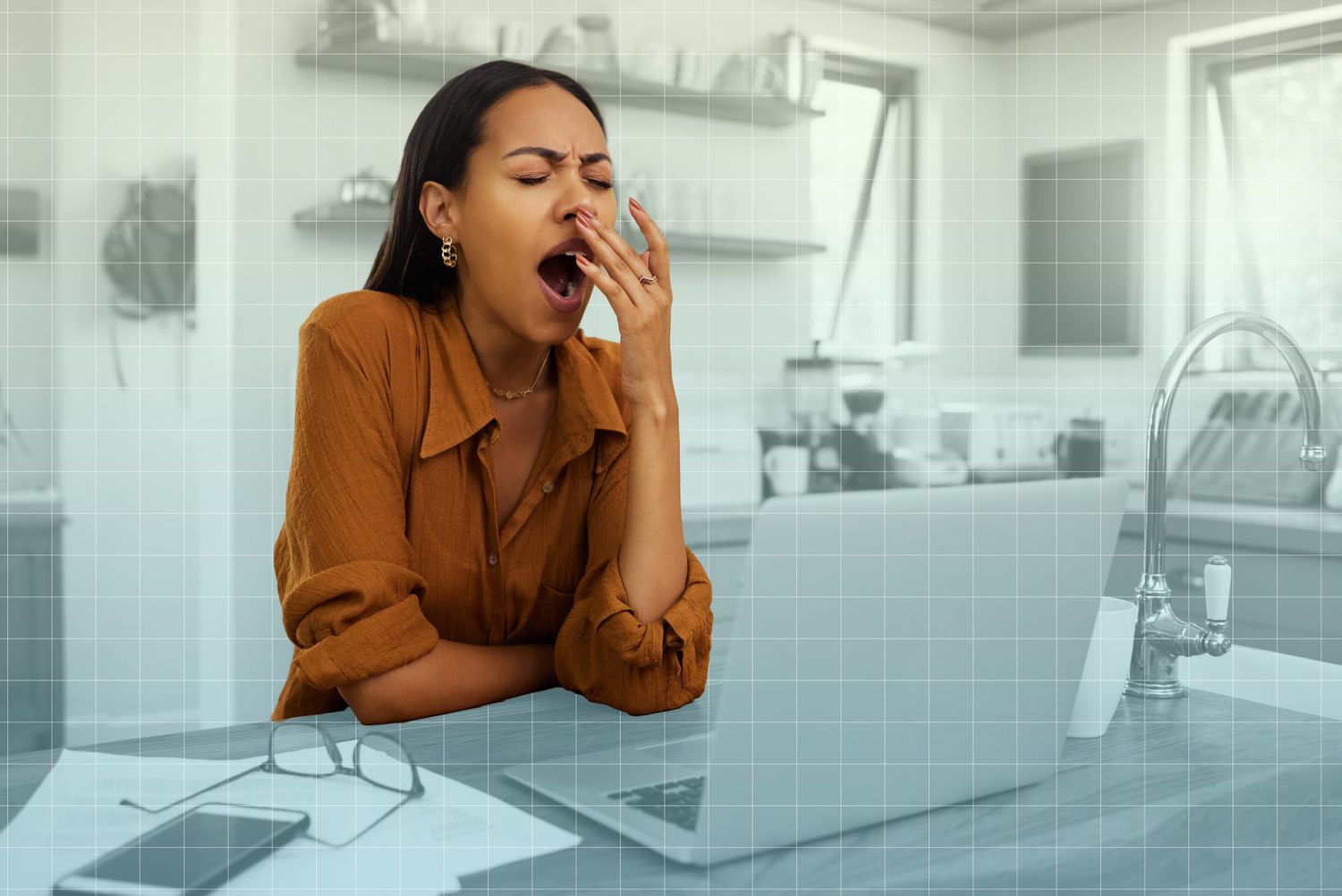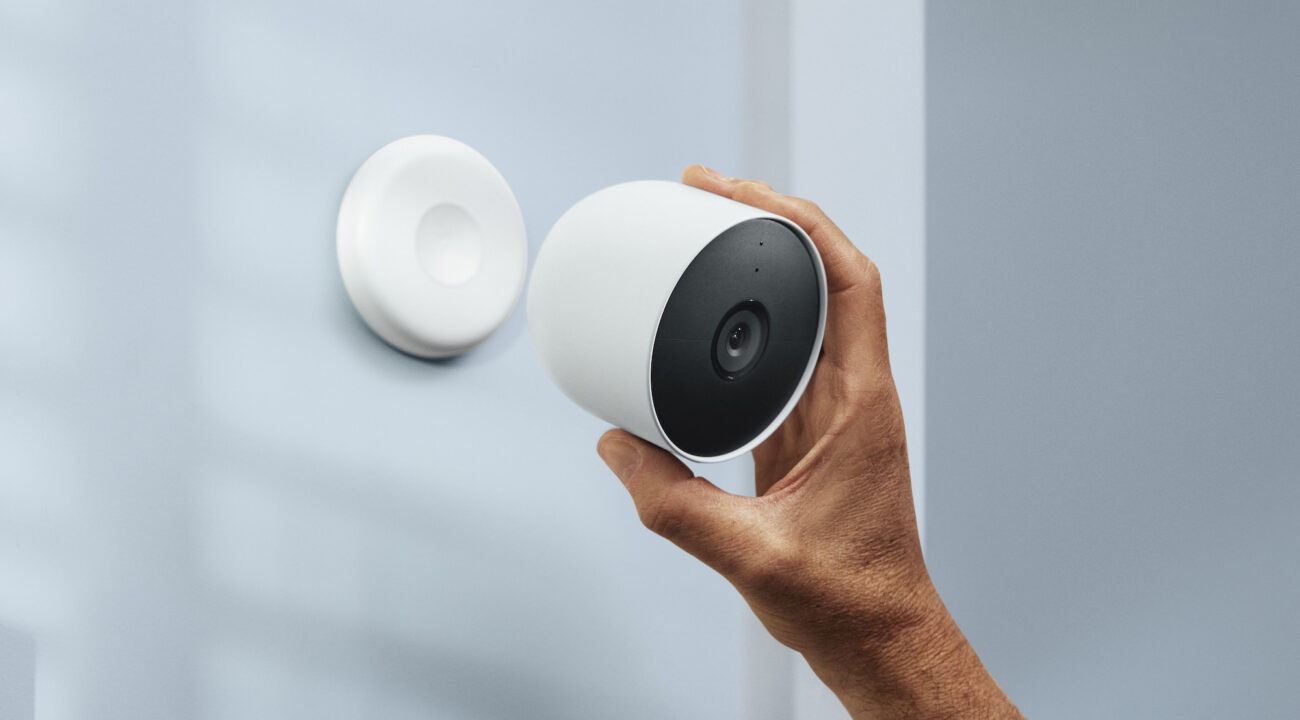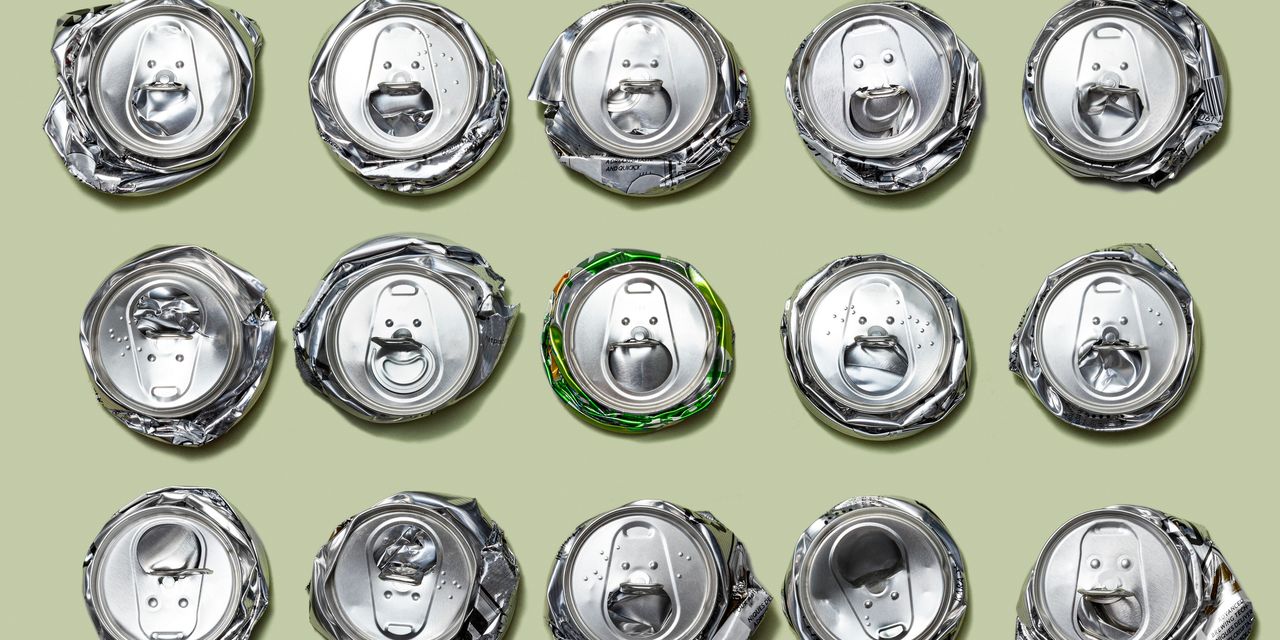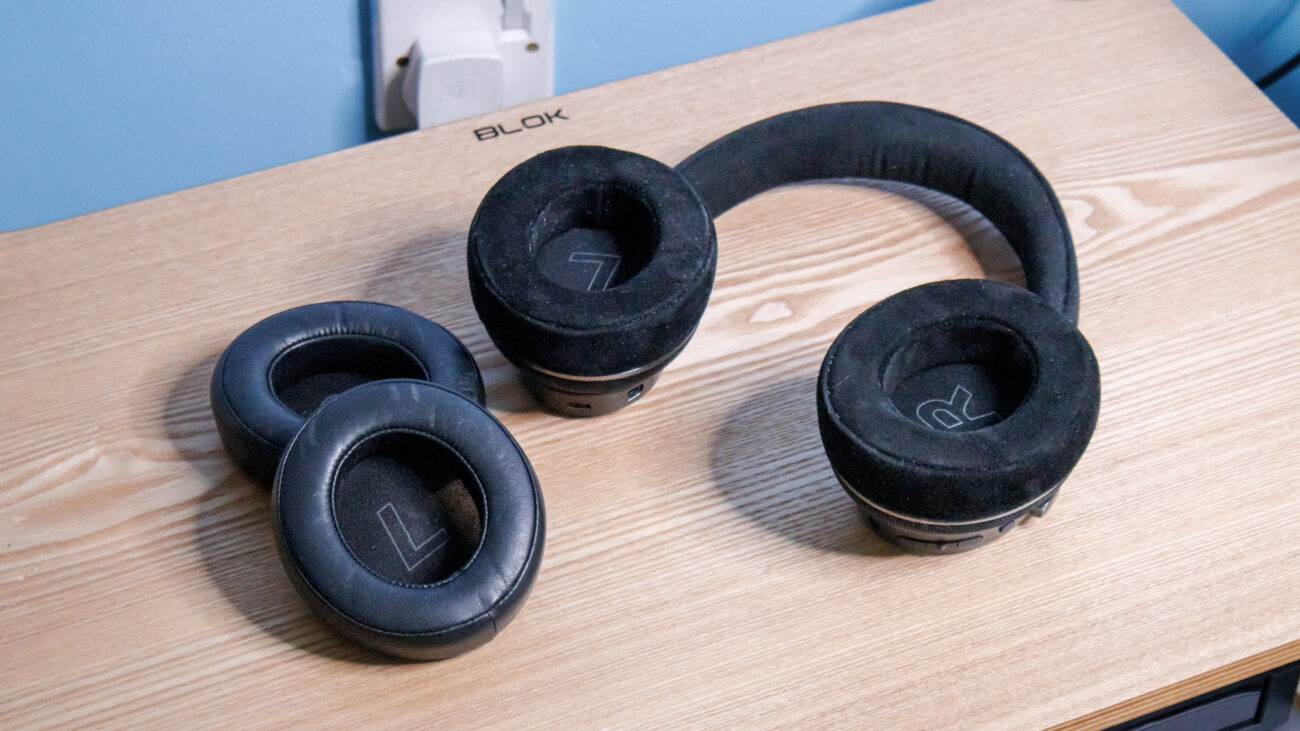Blog
Why Am I So Low on Energy? Here’s the Biggest Reason

- One in three adults don’t get enough each night, which may drain your energy.
- Poor sleep affects energy, hormones and mood—raising stress and lowering testosterone.
- Hydration, regular sleep and managing stress all support better, more energizing rest.
It doesn’t take much effort to get a quick energy boost from a caffeine-infused drink, gummies or snack bars that promise more pep, alertness and focus. In fact, about 80% of adults consume caffeine daily. So if you reach for a pick-me-up, you’re not alone.
Several factors can explain low energy levels—some beyond your control, but others tied to lifestyle choices. Maybe you’re restricting carbs or not eating enough calories, leaving your body without the fuel it needs to function well. Or maybe your schedule is so packed with calls and meetings that you forget to hydrate, which can also sap your energy.
And that brings us to the biggest habit you should break if you want to feel more energized.
Stop Skimping on Sleep
The No. 1 habit to break for more energy is skimping on sleep. Like food and water, sleep is a basic human need. While Disney princesses wake up well-rested, glowing and singing with birds, many of us roll out of bed feeling drained, cranky, and sluggish. That’s because adults need at least seven hours of sleep a night—but 1 in 3 aren’t getting enough.
And skimping on sleep isn’t something to celebrate (we’re looking at you, hustle culture). It can significantly affect your health, mood and brain function, so you’re more prone to a host of medical problems—from heart disease and depression to cancer, arguing with people you love, making mistakes on the job and even risking a car accident. But let’s also look at the connection between too little sleep and low energy.
Fatigue can happen from inadequate sleep, which could mean lots of things related to both the quantity and quality of rest you get—including not clocking enough hours, having trouble nodding off or waking up frequently during the night.
Why Sleep Matters
Sleep helps your body conserve energy so you don’t have to exert so much during the day. Sleep also restores energy by repairing and replenishing cellular processes that deplete during wake times, like tissue growth and muscle repair. If one of sleep’s primary purposes is for conserving and restoring energy, it’s no wonder why being well-rested can refresh you and help you feel more alert.
Your hormones may fluctuate depending on your sleep routine as well. Chronic sleep deprivation may raise your levels of the stress hormone cortisol. High cortisol levels are linked with depression, anxiety and stress, and mood disturbances disrupt restful sleep, further zapping your energy stores.
Additionally, poor sleep could lower your testosterone levels. Testosterone enhances the functioning of two chemical messengers in the brain—serotonin and GABA. GABA functions as a sleep enhancer and stress reducer, while serotonin assists with initiating and maintaining sleep.
Falling short of enough shut-eye is also linked with growing markers of inflammation, including C-reactive protein, cytokines and interleukin-6. It may be time to lay the groundwork for better sleep since inflammation might contribute to your fatigue.
How to Get the Sleep You Need
Be cautious with caffeine.
There’s nothing wrong with reaching for an energy-boosting drink, but if it’s after 3 p.m., it may be a good idea to skip it. Curbing your caffeine intake at least eight hours before bedtime may help support your sleep routine. And if you’re hankering for an alternative, try decaf coffee or tea. Be mindful of the supplements you may take daily, too, as some may also contain caffeine.
Say hello to hydration.
Water makes up 75% of your brain, and some research suggests there may be a link between hydration and cognitive function. In addition, when dehydrated people drink enough water, it can improve energy levels, mood, short-term memory and reaction time.
Some research suggests that sleeping six hours or less may contribute to dehydration, though more studies are needed to confirm the connection. To stay well-hydrated, aim to drink water consistently throughout the day rather than trying to catch up at night—frequent nighttime bathroom trips can disrupt your sleep.
Start a sleep regimen.
Setting a bedtime may seem like a no-brainer, but doing last-minute work on your laptop or playing games on your phone before bed can be all too tempting. If you go to bed at varying hours each day, it may plummet your energy levels. Studies find that earlier sleep times and a consistent sleep schedule may be associated with better health. Sticking to regular sleep and wake times can help sync your body’s internal clock, so you get better rest and get the vitality boost your body needs.
End those racing thoughts.
When your head hits the pillow at night, thoughts may begin to flow, and now you’re obsessing about something you regret saying to a friend or what you’re going to wear to a party next week. Try to flip a switch and turn the thoughts off in our brains that plague you at night and rob you of rest. What may help is to keep a small notepad on your nightstand where you can jot down some of your thoughts under dim light to get them out of your head so you can snooze more soundly.
Support sleep with better eats.
Dietitians recommend eating balanced meals that include fiber and protein for sustained energy levels without crashing. Aim for eating nutrient-dense foods for better sleep, which might include a Peanut Butter-Banana Cinnamon Toast for a pre-bedtime snack.
Cope with stress.
Stress creates a response in your body that may involve hormonal, brain and behavioral changes. Your sleep-wake cycles and circadian rhythms are intimately tied to your stress. Talking to others, engaging in enjoyable exercise, meditation, breathing exercises and connecting with your community are some ways to take good care of yourself and better cope with life stressors to support sleep. Many people choose alcoholic beverages to find stress relief, but it could make matters worse for your stress and sleep. Consider moderating your alcohol intake or switching to alcohol-free cocktails for a while to see how it may help your sleep routine.
Address underlying sleep disorders.
Many lifestyle habits are within your control to change, but some may require additional support. Sleep disorders like narcolepsy, sleep apnea, and insomnia—the most common, affecting a third of the U.S. population—can significantly impact your rest and may need medical attention. Aside from wreaking havoc on mental function and work performance, persistent sleep loss is a risk factor for diabetes, heart disease, depression, anxiety and chronic pain. If you have trouble sleeping at least three times per week for more than three months, you may have chronic insomnia. Try not to brush off your slumber troubles and bring them up with a medical provider you trust.
Our Expert Take
There’s no substitute for getting a good night’s sleep on the regular. So, consider these tips for restoring your energy levels with deep, quality, restful sleep. And remember: Some sleep deprivation might be out of your control and shouldn’t be ignored. Don’t hesitate to seek medical attention.












